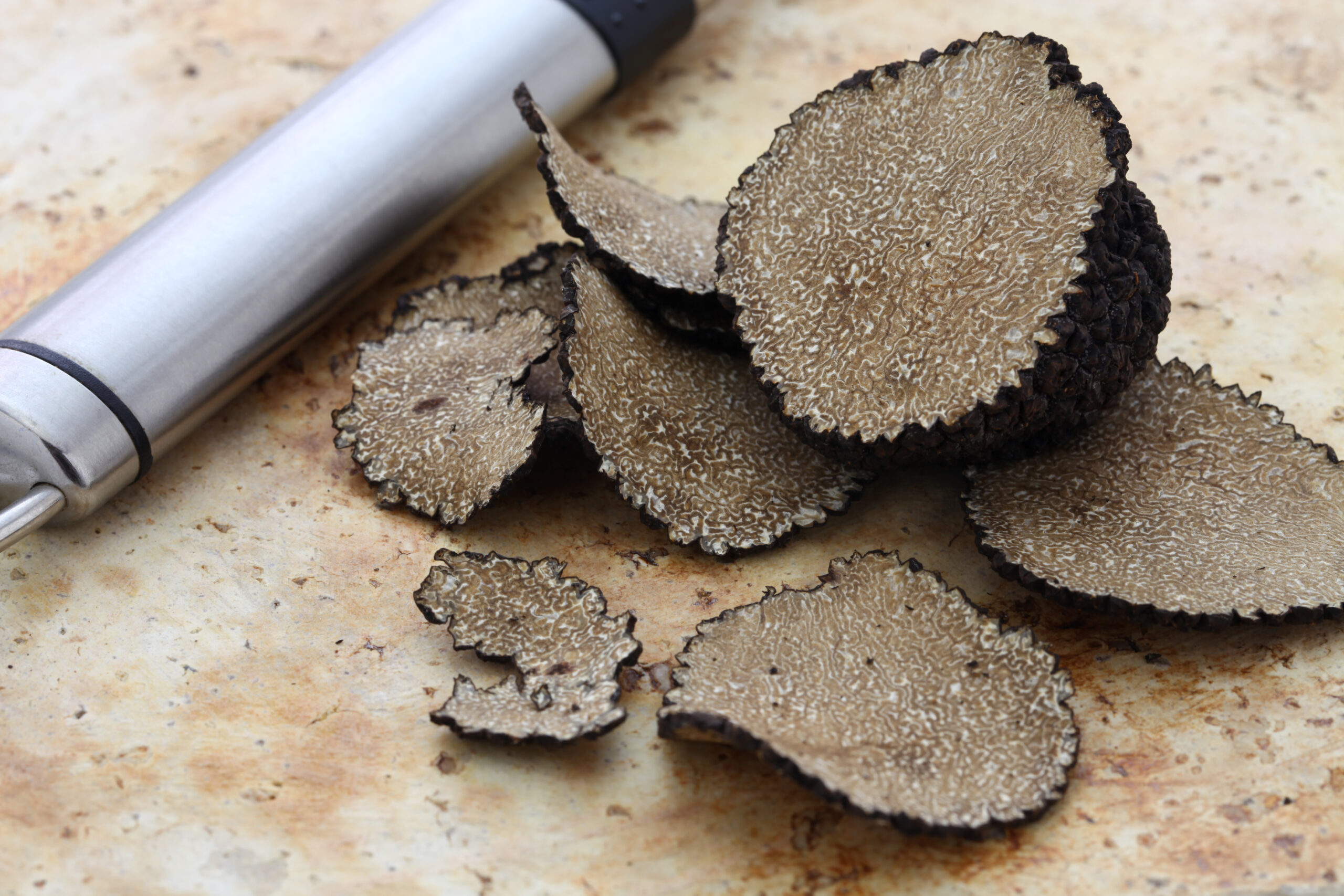The article talks about 4 really important things you should know when it comes to dogs and balsamic vinegar. You’ll learn the safety and benefits of letting your dog have balsamic vinegar in their meals, and what type of recipes might be good for them to try out later.
Things You Should Know About Dogs And Balsamic Vinegar
Balsamic vinegar is a type of vinegar that is made from grape juice and has a sweet, fruity flavor. It is often used in salad dressings, marinades, and as a finishing touch on cooked dishes.
Balsamic vinegar can be harmful to dogs if ingested in large amounts. The acid in the vinegar can cause stomach upset and vomiting. If your dog ingests a large amount of balsamic vinegar, contact your veterinarian or emergency animal hospital immediately.
In small amounts, balsamic vinegar is not harmful to dogs and can actually be beneficial. The antioxidants in balsamic vinegar can help to boost your dog’s immune system. Balsamic vinegar can also help to settle an upset stomach. To give your dog balsamic vinegar, mix it with water or chicken broth and offer it in a dish or on a spoon. Start with a small amount and increase the amount slowly over time.

How To Prepare Balsamic Vinegar For Dogs
Balsamic vinegar is a great way to add flavor to your dog’s food. But, before you add it to your dog’s food, you need to prepare it properly.
Here’s how to prepare balsamic vinegar for dogs:
1. Pour the balsamic vinegar into a clean bottle or container.
2. Add water to the bottle or container, using a ratio of 1 part balsamic vinegar to 3 parts water.
3. Screw the lid on tightly and shake the container until the mixture is well combined.
4. Pour the mixture over your dog’s food and serve immediately.
What Effect Will Balsamic Vinegar Have On A Dog’s Diet?
Balsamic vinegar is a type of vinegar that is made from grapes. It has a dark color and a sweet, tangy flavor. It is often used in salad dressings and as a condiment for meats.
Balsamic vinegar can be dangerous for dogs if they consume too much of it. The acid in the vinegar can cause an upset stomach and vomiting. In severe cases, it can lead to dehydration and low blood sugar levels. If your dog consumes balsamic vinegar, call your veterinarian immediately.
Why Are People Giving Their Dog Balsamic Vinegar?

Balsamic vinegar is a type of vinegar that is made from grape juice and wine. It has a sweet and sour taste, and is used in many different types of food. Balsamic vinegar is also used as a medicine, and has been shown to be effective in treating various medical conditions.
People are giving their dog balsamic vinegar for many reasons. Some people believe that it can help to improve the health of their dog’s skin and coat. Others believe that it can help to relieve joint pain and inflammation. Additionally, some people give their dog balsamic vinegar for its purported anti-cancer properties.
When Can I Give My Dog Balsamic Vinegar, Exactly?
Just like with any other new food you introduce to your dog, start with a small amount of balsamic vinegar and work your way up. A good rule of thumb is to start with one teaspoon per 50 pounds of body weight and increase from there as needed.
Balsamic vinegar can be given to dogs on a daily basis or as needed for an upset stomach. If you are using it to treat an upset stomach, give the recommended dose two to three times a day until symptoms improve. Always consult your veterinarian before giving your dog any new supplement or medication.









